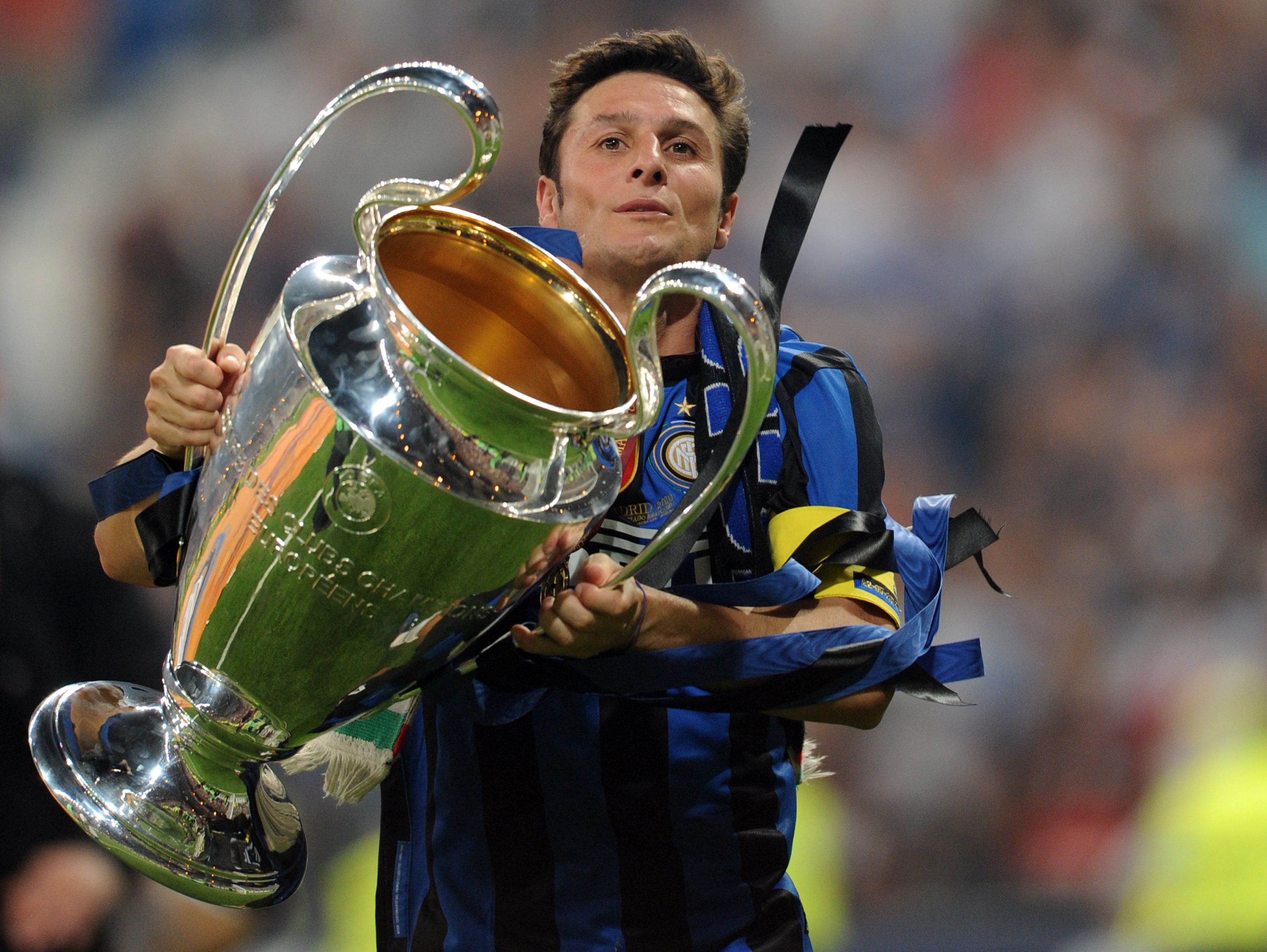Year Zero: Spain need pruning, not root-and-branch reform
FFT's Spanish expert, Tim Stannard, reflects on Spanish musings of the future after a disastrous Brazil 2014...

The best remedy for eternally frustrated England fans is to embrace the fact they are never going to see a world-beating team of home-grown players. There's no real disgrace in that. After all, an Englishman invented the sandwich and the USA made the concept an awful lot better. However, no 'Angry of Croydon' seems to call BBC 606 to yell at Danny Mills about a lack of creativity in England's relish selection.
The same grumbling supporters have an awful lot to be chuffed about in comparison to the state of domestic football in many rival nations. Especially Spain, to take one random example.
England's four main leagues are stuffed with 92 fine, upstanding clubs that most people have heard of, and not a B-team in sight. Surely everyone has a strong opinion when considering the trials and tribulations of Rochdale or Brighton & Hove Albion. Third-tier football in England can pull in more fans than many top-flight European clubs. Big cheeses of world football would be delighted to turn out in the Premier League if the chance ever came along.
The convoluted point is that everyone should stop talking about root-and-branch reforms, ordering two-year-olds to learn to play with both feet and putting Gary Neville in charge of the country’s economy.
The best features, fun and footballing quizzes, straight to your inbox every week.
Spanish inquisition
Spain's post-Brazil gloom is a different kettle of fish, though. Aside from a bit of a fluke year last season, the main domestic league is insanely unbalanced. Clubs are going out of business like flies running a manure shop, and nobody in their right mind wants to play for a theoretical mammoth like Valencia knowing that the chances of ever being paid on time are slim.
This meant that the humungous World Cup flop in Brazil really hurt, and of course led to some ruminating. However, rather than a “woe is us, we so bad” English self-pity vibe, most Spanish watchers – LLL aside, obviously – had predicted very bad things for the World Cup before a ball was kicked (and then missed by Iker Casillas).

Spanish frustration doesn't come from a lack of decent player who can trap a ball, but that the wrong ones were taken with the wrong tactics used. Tiki-taka had clearly died on its arse (apologies for the fruitiness) in the face of a bit of physicality – Bayern Munich and Atlético Madrid proved that – and some fresh thinking was needed for Spain’s football in Brazil.
Fresh players were also required too; those hungry for success and not stuffed to the gills burping about trophies like the posse Vicente del Bosque mostly fielded. The likes of David de Gea, Juan Mata, Santi Cazorla and Javi Martínez may not have been good enough to win the World Cup, but would have added a bit of zing to Spain’s play that might at least have got them out of the group.
There are dozens more sprightly footballers who can form a new generation, from the young contingent at Real Madrid including Dani Carvajal, Isco and Jesé, to those learning a few tricks abroad like Thiago Alcantara and Ander Herrera.
Like England, the Spanish are doing some soul-searching after watching the triumphant Germans, but of a very different variety. There is no call for a major reform of the game in Spain. Instead, all that's needed is a bit of pruning.
SEE ALSO IN YEAR ZERO
- How Germany restructured itself – and why it couldn't work elsewhere
- Brazil may want to copy trendy European models, but they can't afford to
- Italians just want a new coach, not new methods after dismal World Cup
- Ronaldo keeping Portugal afloat for now, but big trouble lies ahead
- Klinsmann given time to work quietly as 'soccer' returns to middle pages
